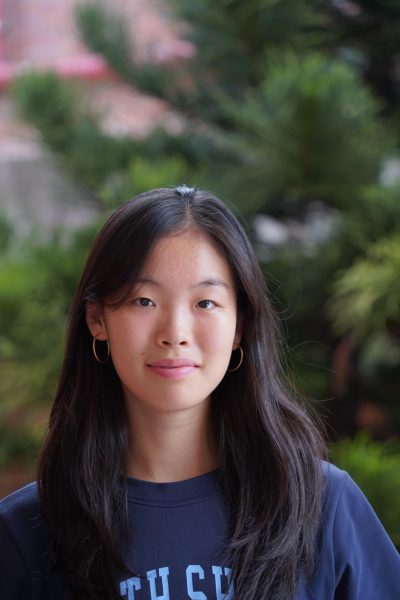In recent years, anti-intellectualism has become a cultural phenomenon sweeping the globe. It is defined as opposition or hostility to intellect and deeper thinking. Anti-intellectualism can manifest in daily life in the form of banned books, rejection of science/medicine and the closing of educational institutions. Or take Kendrick Lamar’s recent halftime performance at the Super Bowl as an example. The greatly anticipated performance resulted in major criticism and backlash among viewers for its complex nature and deep symbolism, reflecting the preference for simpler, more digestible entertainment.
Although there are a multitude of factors behind the recent surge of anti-intellectualism, the most significant one is political propaganda, which is pushed through misinformation on social media.
When campaigning, many politicians align themselves with the “common people,” as opposed to the so-called “elites,” who are often thought to be scientists, journalists and researchers. Politicians often portray these elites as out-of-touch or condescending, arguing that intellectuals/experts complicate problems and that people should rely on common sense rather than scientific evidence. This is proven through the actions of figures like Donald Trump and Boris Johnson, who vied for the support of voters who felt marginalized by these so-called elites.
A recent manifestation of this sentiment is the denial of climate change. Many politicians have downplayed or rejected the overwhelming scientific evidence proving climate change, claiming that it is a hoax or an inevitable natural phenomenon. Cases of leaders who claim this have been seen all over the world, including the United States (US), Russia and Brazil.
Similarly, according to Pen America, the number of banned book titles surpassed 16,000 since 2021, a rate that has not been seen since the McCarthy Era in the 1950s, when the fear of communism was instilled by various campaigns across the US. Recent banned books include “Nineteen Minutes” by Jodi Picoult, “The Handmaid’s Tale” by Margaret Atwood and “The Perks of Being a Wallflower” by Steven Chbosky. This starkly represents the recent surge in anti-intellectualism. Book banning restricts access to diverse ideas and open discussions, discouraging curiosity and academic growth. Ultimately, this promotes ignorance and limits exposure to different perspectives.
On top of that, social media is a huge driver in the spreading of anti-intellectualism. Social media is heavily involved in the circulation of these ideas, with most algorithms favoring posts that garner the most attention, consequently promoting sensational content over factual reporting. This causes misinformation to spread quickly because of its provocative and controversial nature which leads to more engagement among users. Misinformation about climate change, for example, is often depicted in the form of viral memes or short-form videos. This makes it easier to dismiss this issue because it is oversimplified as catchy, digestible content. This is proven by the significant presence of anti-intellectualism in the COVID-19 pandemic, with some favoring and interacting with false claims over factual evidence provided by officials. Refusals to wear masks and abide by social distancing spread and ultimately led to anti-intellectual attacks on the scientific/healthcare community.
It is ironic that in an age where more information is available to us than ever, anti-intellectualism is still going strong. This contrast between populist ideals and the importance of academic thinking shows that misinformation still greatly influences public opinion even with the advancement of technology. It also emphasizes the importance of being socially aware, avoiding demonizing scholarly content and the individual’s need for media literacy.

![Collage of banned books, including “The Handmaid’s Tale” by Margaret Atwood. [MINSUN KIM/ THE BLUE & GOLD]](https://blueandgoldonline.org/wp-content/uploads/2025/04/IMG_4274-1200x681.jpeg)
![A myriad of impressive trophies and awards. [ANNABELLE HSU/THE BLUE & GOLD]](https://blueandgoldonline.org/wp-content/uploads/2025/09/Awards2-1200x512.jpeg)
![Students' calendars say goodbye to exam week. [ANNABELLE HSU/THE BLUE & GOLD]](https://blueandgoldonline.org/wp-content/uploads/2025/09/Exam-week-1200x740.jpg)
![A collection of college flags. [PHOTO COURTESY OF AMBER HU ('27)]](https://blueandgoldonline.org/wp-content/uploads/2025/05/IMG_5029-1200x577.jpeg)

![An SAT word cloud. [PHOTO COURTESY OF WORDCLOUDS]](https://blueandgoldonline.org/wp-content/uploads/2025/05/SAT.jpeg)

